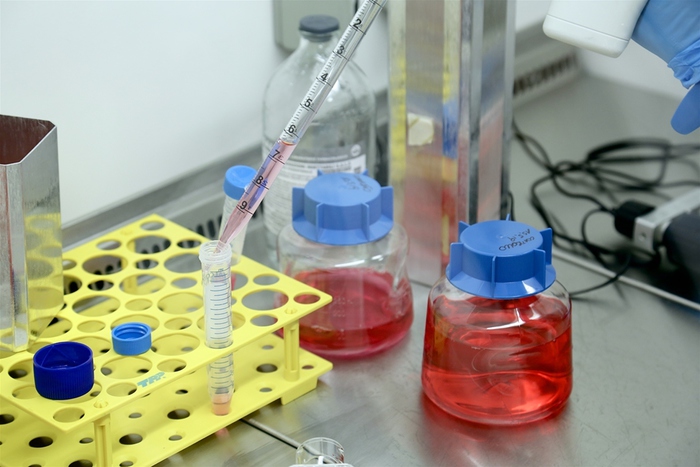Study shows: Thousands of heart attack patients in Germany are not optimally cared for
Created: 12/14/2022 11:16 am
By: Patrick Huljina
In the case of a severe heart attack, cardiac catheterization should be performed within an hour if possible.
In some German clinics, however, this is not possible.
Munich – Symptoms often announce a heart attack weeks in advance.
For affected patients, it usually means a life-or-death struggle.
It is therefore important to provide the best possible care as quickly as possible.
The problem: Thousands of heart attack patients in Germany are not optimally cared for because the clinics are not adequately equipped.
This is shown by the results of the "Quality Monitor" published on Tuesday (December 13) by the Scientific Institute of the AOK (WIdO).
AOK quality monitor: More than 14,000 heart attack patients in Germany are not optimally cared for
In the case of a severe heart attack, cardiac catheterization should be performed within an hour if possible.
"In houses that rarely treat heart attacks, this is not guaranteed with a few exceptions," said WidO managing director Jürgen Klauber in a press release.
According to the study results, more than 14,000 heart attack treatments were carried out in hospitals without a cardiac catheter laboratory in 2020.
This affected seven percent of the approximately 203,000 heart attacks in Germany.
According to the “Quality Monitor”, one problem is the low number of cases in some clinics.
Above all, there were care disadvantages in the 362 clinics that treated fewer than 25 heart attacks in 2020.
Only every fifth of these clinics had a heart catheter laboratory.
In a catheter laboratory, vascular occlusions that occur during a heart attack can be optimally treated.
Certain foods can strengthen the heart and prevent cardiovascular disease.
An AOK study shows that many heart attack patients in Germany are not optimally cared for.
(icon image).
© IMAGO/imageBROKER/Isai Hernandez
Heart attack care in Germany: problems with control and information
"In clinics that frequently treat heart attacks, patients can expect the best possible equipment and experience," Klauber explained.
In the hospitals with more than 240 heart attack cases per year, the proportion of patients treated without a cardiac catheter laboratory was zero percent.
The guidelines of the German Society of Cardiology recommend bypassing hospitals without a 24-hour cath lab.
Caution: This is how you recognize a heart attack immediately
View photo gallery
"The quality monitor shows that there is a problem in controlling and informing patients, because we actually have no shortage of cardiac catheterization laboratories in Germany," Klauber emphasized in the press release.
In 2020 there were a total of 24 clinics in Berlin alone with a cardiac catheter laboratory that was always available.
Nevertheless, 18 other clinics without a cath lab took part in heart attack care in the capital.
Some warning signs of a heart attack are noticeable early on.
One factor that has been shown to increase the risk of heart attack is smoking.
New Zealand has passed a law banning the sale of tobacco to young people.
(ph)







